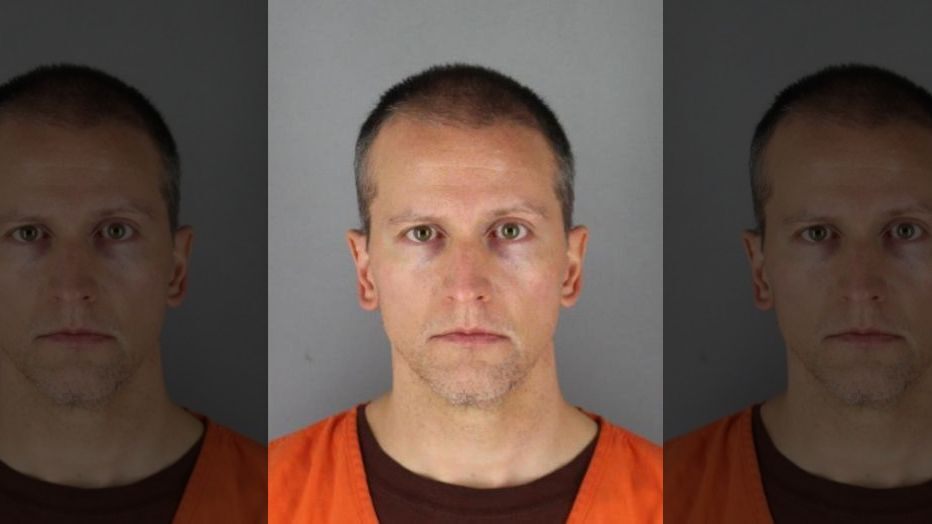
On Wednesday, prosecutors announced they are escalating the charges against Officer Derek Chauvin in the murder of George Floyd. Now the main charge will be second degree murder.
The news was mostly reported as a positive development, however second degree murder has a history of being much harder to prove, especially when it comes to police officers.
One recent example is the killing of Daniel Shaver in Mesa, Arizona. Officer Philip Brailsford shot and killed Shaver after being called to a La Quinta motel regarding reports that a man had been seen with a rifle. Officer Brailsford confronted Shaver in the hallway and instructed him to get on his knees and put his hands behind his head. The officer then instructed Shaver to move towards him while Shaver was still on his knees. Shaver slightly lost his balance while following instructions, and the officer fatally shot Shaver as he sobbed and begged not be killed. The rifle that initiated the police call was later found in Shaver’s hotel room. It was a pellet rifle used for pest extermination.
You can watch the body cam footage below. Warning, it is extremely graphic.
In this case, Officer Brailsford was charged with second degree murder and a lesser manslaughter charge. After a six week trial, Brailsford was acquitted on all charges.
The case drew public outcry, mostly because the body cam footage clearly showed that no deadly force was necessary.
But what this shows, as countless other cases also do, is that it is very difficult to convict police officers of second degree murder, even with compelling video evidence.
All of this is not a secret to those in the legal community, nor is it a secret to prosecutors. They know second degree murder is a tough case, and it usually fails against police officers, regardless of the evidence.
So why do they go with that charge? Why not the lesser and easier to prove manslaughter or third degree murder?
In some cases it may simply be because they are responding to public pressure. However, there is also a motivation by prosecutors to overreach with their charges, with the sole intention of not being able to get a conviction.
A state’s Attorney General, state prosecutors, and county prosecutors are elected positions, and most can’t get elected without the approval of the local police unions. If prosecutors are tough on police officers, they lose the support of the unions, and it makes it nearly impossible to get reelected.
So instead of just letting officers walk, they charge them with higher crimes that they know will most likely not return a guilty verdict. They can then claim to the public that the outcome is an outrage and an injustice, while all the while keeping the police union happy that the prosecutor intentionally threw the case.
Currently in Minnesota I doubt the Attorney General is trying to placate the police union, however the practice of throwing a case by going for more extreme charges is a common practice, whether it be by incompetence or intentional.
So that brings us to the George Floyd case. Are prosecutors setting up a situation where they know they won’t get a second degree murder conviction? And in doing so, they can gain points by crying about the injustice of the non-guilty verdict, and giving fellow Progressives more ammunition to call for even more protests and demonstrations.
Let’s be honest, the current protests are a dream for elite Progressives around the country. Watching any cable news channel such as CNN and you will see the pundits praising the protesters. Ratings are up, and their Progressive agendas are front and center for the world to see. But what would a guilty verdict do? That would show the system actually works, totally contrary to the impetus behind the protests that the system is totally broken and unfair.
This sets up the perfect environment for Progressives and even those involved in the case to hope for a not guilty verdict. It serves so many interests, that there is no doubt many involved are indeed hoping for this exact outcome.
Note: If you enjoyed this article, please make sure to share it!


SHARE